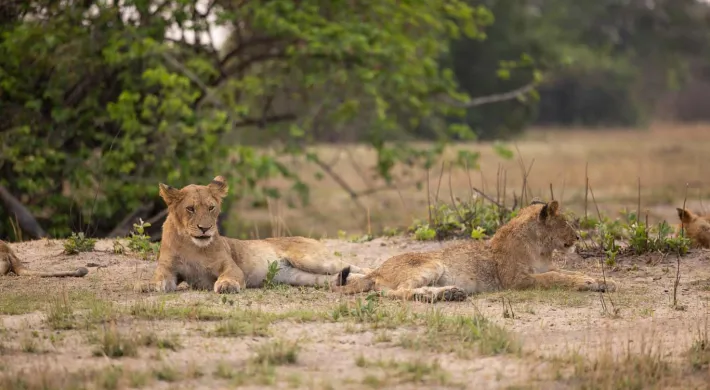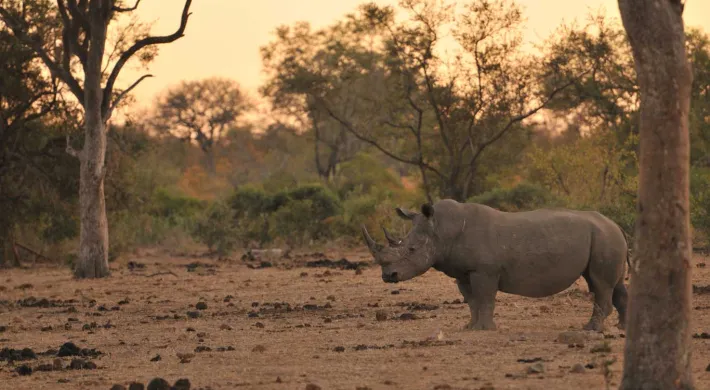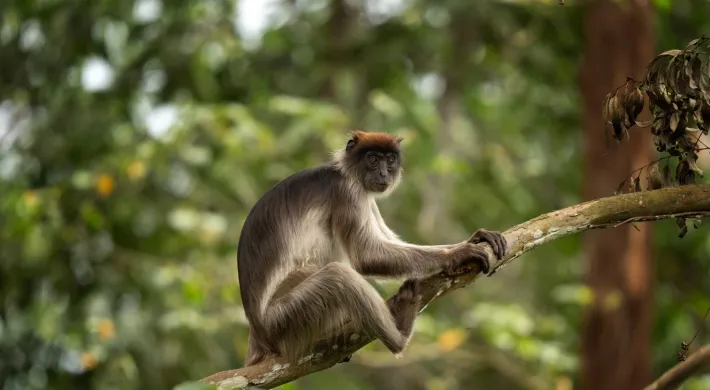The North Carolina Zoo is a founding member of the SMART Partnership. Together with some of the world’s largest conservation organizations, the Zoo helped to develop SMART, a suite of free and open-source software tools that empower rangers in the fight against the illegal wildlife trade. SMART has become the leading protected area management tool globally - used in more than 1,000 sites in over 70 countries and adopted as the national tool for park management in 20 countries.
SMART allows rangers working on the ground to use ruggedized smartphones to record data about what they encounter in the field, and track where their patrols go. Information on animals, illegal activities and conservation actions taken are recorded and then fed into a central database. This allows the data to be quickly analyzed, visualized, mapped and acted upon so that park managers can rapidly respond to threats. Transforming raw data into usable information helps managers allocate their time and resources more effectively and better protect wildlife.
Through our leadership in the SMART Partnership and the development of SMART technologies, the Zoo has had a significant impact on wildlife conservation around the world. However, the Zoo also directly supports SMART use at more than 20 sites across seven countries in Africa, which are critical for the conservation of iconic wildlife, like black rhinos, Cross River gorillas, elephants, lions, and many other species. In addition to training hundreds of rangers across Africa, the Zoo has also provided technical support, equipment, funding, and even infrastructure, to its local SMART implementation partners. With SMART, the Zoo is not only putting powerful technology in the hands of rangers, we are giving them the advantage they need to be one step ahead of poachers.
Partners: Frankfurt Zoological Society (FZS), North Carolina Zoo, Panthera, Peace Parks Foundation, Re:wild, Wildlife Conservation Society (WCS), Wildlife Protection Solutions, World Wildlife Fund (WWF), Zoological Society of London (ZSL)




